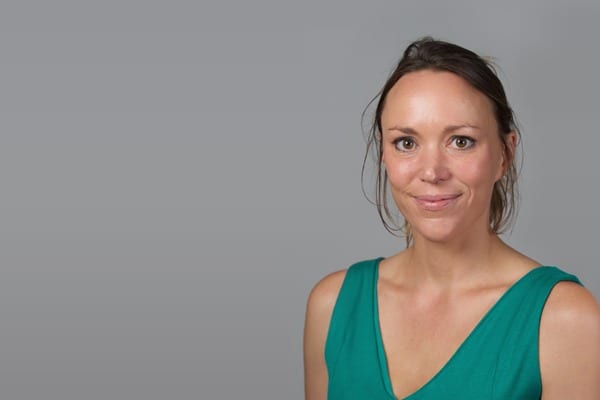But several hands shot up when Cambridge neuroscientist Hannah Critchlow asked for a volunteer at this year’s Leadership Impact event in Sydney. The opportunity to be analysed by one of the field’s most prominent leaders, seemingly too great to pass up.
The young woman selected was asked to think deeply about everything from a difficult predicament at work, to an experience of sheer relaxation.
As her brain patterns ebbed up and down in correspondence with her thoughts, Critchlow explained to the audience what was taking place. It was fascinating to see in real-time, the unequivocal significance of the human brain in determining our personalities, and the type of behavioural traits we may be prone to. An area that Critchlow exclusively specialises in.
“We currently live in the era of the brain,” Critchlow believes. “A recent revolution in technology allows us to peer into the mind as never before. We can visualise the architecture and operation of the brain in fine detail. As a result, we are discovering that certain complex behaviours are ingrained, whilst others are skills that can be built on and improved.”
Drawing on this recent research, Critchlow informed the large cohort of leadership professionals gathered, how they could better understand and master business- specific behaviours that start from the nervous system.
Certain human tendencies– like entrepreneurism for instance–can be explained in some part by brain anatomy says Critchlow. People “who are thriving in taking risks in business have an evolutionary drive to do so and that is based around their brain biology. Much of this is intuitive, of course, and we have talked about this for decades, but neuroscience is now demonstrating how this has a basis in the brain.
“Neuroscience is also helping us to understand more precisely the nature of what it means to be conscious, to live with the ability to form a subjective view. We’ll explore the ramifications of this, how it can lead to conflict, and how to prevent it,” says Critchlow.
But despite this hardwiring, leaders are able to break bad habits of thinking in certain capacities. Our brains are innately flexible, based on the fact that we have our own unique perceptions of reality that are ever-changing. Exercise and meditation can also help stimulate our brains and generate new brain cells, just as chronic stress can kill them.
“Through neuroscience we are learning how to open minds to more productive collaborations.”

